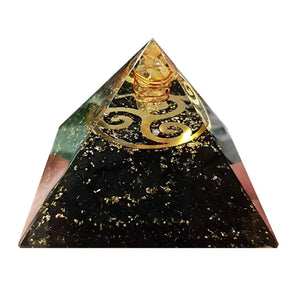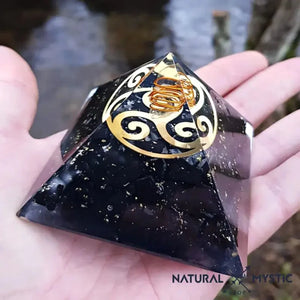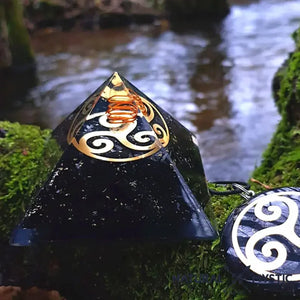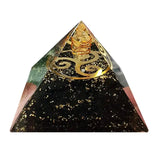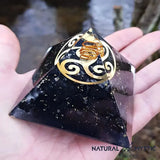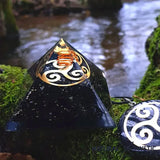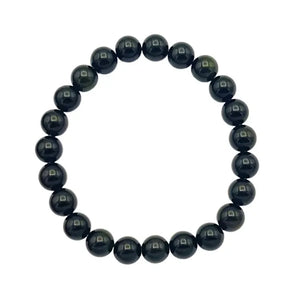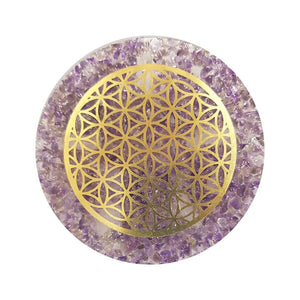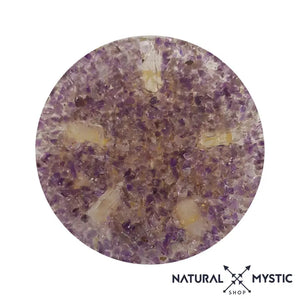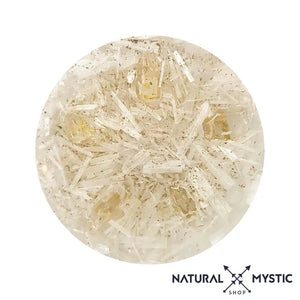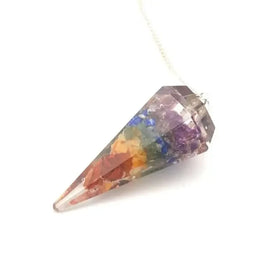Our tips for sleeping better at night
We all know that a good night's sleep is just as important as regular exercise or a healthy diet.
Poor sleep has immediate negative effects on your hormones, athletic performance, and brain function.
Physically, lack of sleep can lead to weight gain and increase the risk of disease in both adults and children.
Conversely, getting restful sleep helps you eat less, exercise more, and be healthier.
Over recent decades, the quality and quantity of sleep have drastically decreased. In fact, few people can claim to have "good" sleep.
If you want to optimize your health and feel great, getting a good night's sleep is one of the most important things you can do for yourself.
Here are 20 golden tips to sleep better at night.
1. Increase exposure to natural light during the day
Your body has a natural clock called a circadian rhythm.
This cycle affects your brain, body, and hormones, keeps you awake, and tells your body when it's time to sleep.
Natural sunlight, or daylight, helps keep your circadian rhythm in the right dynamic. This improves daytime energy, as well as the quality and duration of nighttime sleep.
Exposure to natural daylight improves the quality and duration of sleep, and it also reduces the time it takes to fall asleep.
Two hours of exposure to bright light during the day would increase sleep duration by two hours and sleep efficiency by 80%.
Whether it is people who have significant problems falling asleep or mild insomnia, daily exposure to light will help improve your sleep.
The ideal is to expose yourself to sunlight daily, even if only for 30 minutes. It is always possible to invest in an artificial light device or bulbs.
2. Reduce your exposure to blue light in the evening
If exposure to light during the day is beneficial, exposure to light during the evening or at night has the opposite effect!
Your circadian rhythm, stimulated by light, tricks your brain into thinking it's still daytime. This reduces the production of hormones that help you relax and get deep sleep, like melatonin.
Blue light refers to the light that electronic devices such as smartphones, tablets and other computers emit in large quantities.

Here are several known methods to reduce exposure to blue light at night:
- Wear glasses that block blue light.
- Download an app to block blue light on your phone or computer.
- Install an app that blocks blue light on your smartphone. These are available for both iPhones and Android models.
- Stop watching TV and turn off any bright lights 2 hours before going to bed.
Blue light misleads your body into believing that it is daytime: consider greatly reducing your exposure to blue light in the evening to make it easier to fall asleep.
3. Don’t consume caffeine late in the day
Widely consumed around the world, caffeine has many benefits: a single dose can improve concentration, energy and sports performance.
When consumed at the end of the day, caffeine stimulates your nervous system and prevents your body from naturally relaxing.
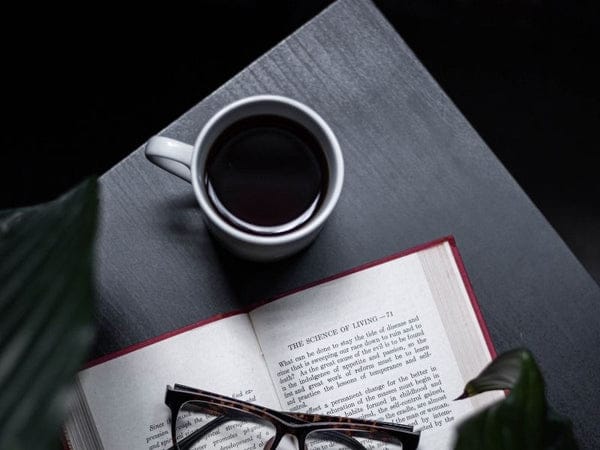
Consuming caffeine before bed can significantly worsen sleep quality, especially if you are easily excitable or have trouble sleeping.
It is therefore not recommended to drink coffee between 3 and 4 p.m. If you're craving a cup of coffee in the late afternoon or evening, opt for decaffeinated coffee, as caffeine can stay high in your blood for 6 to 8 hours.
4. Reduce irregular or long naps during the day
While micronaps seem beneficial, long or irregular naps during the day will have a very negative effect on your sleep.
Sleeping during the day will simply disrupt your internal clock.
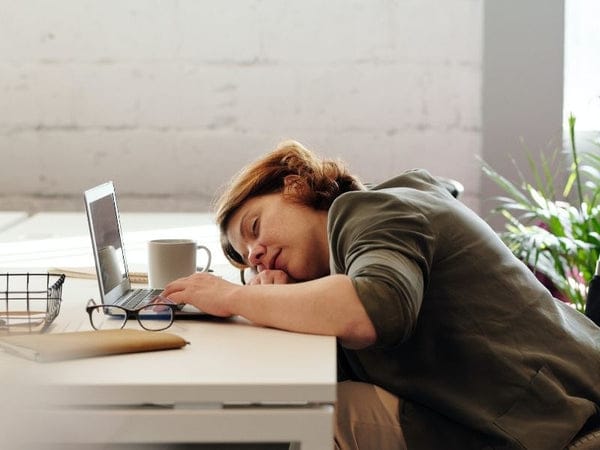
A short nap of 30 minutes or less can improve brain function during the day, but longer naps harm sleep quality.
However, if you are used to taking regular naps during the day and sleep well, you don't need to worry about this.
If you practice daytime napping and have trouble sleeping at night, stop napping or shorten it.
5. Fall asleep and wake up at regular times
Your body's circadian rhythm works on a fixed loop, aligning with sunrise and sunset. Therefore, only the regularity of your sleeping and waking hours can improve the quality of your sleep in the long term.
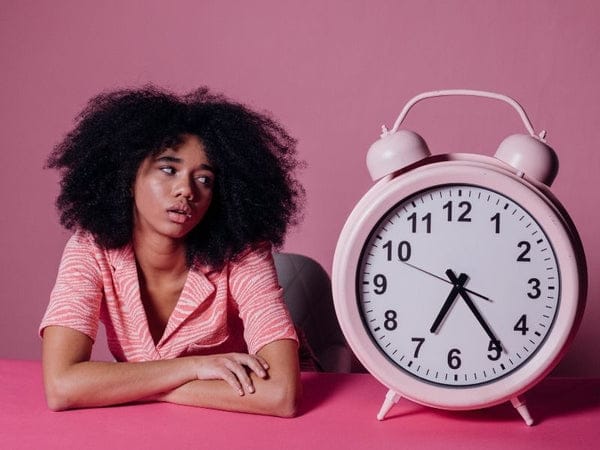
Irregular sleep patterns cause very poor sleep by altering your circadian rhythm and melatonin levels. These are the signals that tell your brain that it needs to sleep.
Getting into the habit of waking up and going to bed at similar times and adopting a regular sleep-wake cycle (especially on weekends) will allow you to significantly improve the quality of your sleep.
6. Take a melatonin supplement
Melatonin is a key sleep hormone that tells your brain when it's time to relax and go to bed.
Known to treat insomnia, melatonin supplementation (under the medical supervision of a healthcare professional) seems to be one of the easiest natural ways to fall asleep quickly.
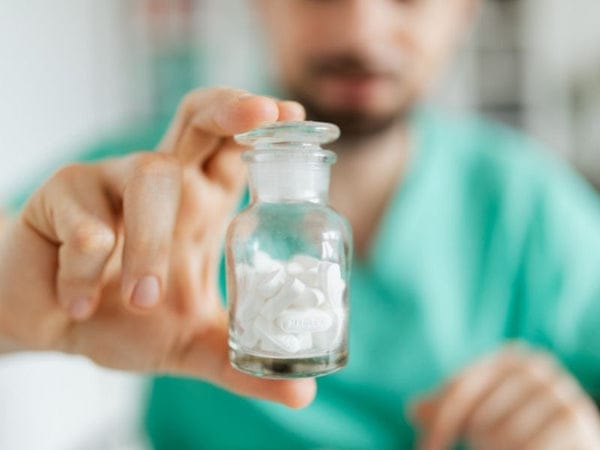
Taking melatonin before bed would promote sleep quality and vitality, and help people fall asleep more quickly.
In some countries, melatonin requires a prescription while in others, melatonin is widely available in stores or online. Check with your doctor if it is recommended for you.
7. Consider other supplements
Several supplements can induce relaxation and help you sleep. Please consult a healthcare professional for dosage and potential compatibility with any other treatments.
- Ginkgo Biloba: natural herb that promotes sleep, relaxation and stress reduction
- Glycine: the amino acid glycine improves the quality of sleep.
- Valerian Root: Valerian helps you fall asleep and improves the quality of sleep.
- Magnesium: magnesium promotes relaxation and quality of sleep.
- L-theanine: An amino acid, L-theanine is said to improve relaxation and sleep.
- Lavender: Lavender can induce a calming and sedative effect to improve sleep.
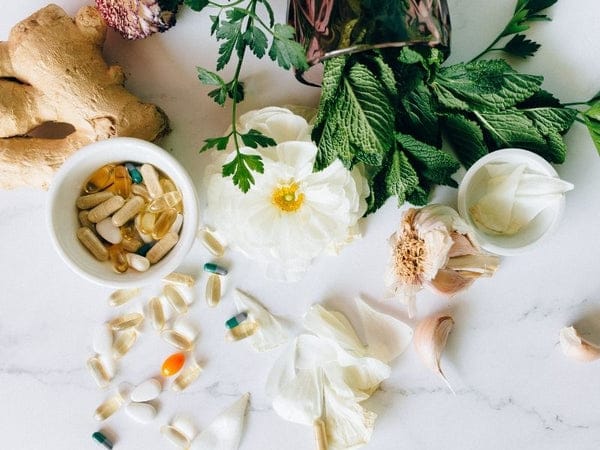
Only try these supplements one at a time, under the supervision of your doctor. Although they are not a miracle solution to sleep problems, they are very useful in combination with other natural strategies for improving sleep.
8. Don't drink alcohol
Ouch! A few drinks in the evening can negatively impact your sleep and hormones.
Alcohol can both cause or increase symptoms of sleep apnea, snoring and sleep disturbances.

Alcohol decreases nighttime melatonin production as well as natural nighttime elevations of human growth hormone (HGH). The latter plays a crucial role in your circadian rhythm.
Avoid alcohol consumption before bed for a restful sleep.
9. Think about your bedroom
In conjunction with Feng Shui, your bedroom environment and its configuration are key factors for quality sleep. Temperature, noise, brightness, furniture arrangement, everything is important.
External noise in big cities can, for example, lead to poor rest and long-term health problems.

To optimize your bedroom environment, consider it a sanctuary. Remove outside noise, artificial lights from devices such as alarm clocks and screens. Make sure your bedroom is a quiet, relaxing, clean and pleasant place by eliminating outside light and noise to sleep better.
10. The right temperature in your room
Just like your body temperature, the temperature of your bedroom has a big effect on the quality of your sleep.
When it's too hot, or too cold, it's actually difficult to get a good night's sleep.

A temperature of around 20°C seems to be the ideal comfort temperature for most people. Of course, it depends on each person and their little habits.
11. Don't eat late at night
Eating late at night also affects sleep quality and poor melatonin release.
Attention ! The quality and type of your meal plays its role.

Eating a large meal before bed can lead to poor sleep and hormonal disruptions. And conversely, consuming a meal rich in carbohydrates 4 hours before bedtime would help us fall asleep more quickly.
12. Relax and clear your mind
Practicing a routine before going to sleep helps you relax.
Relaxation techniques before bed improve sleep quality and can be used to treat insomnia.

A relaxing massage can improve the quality of sleep in some patients.
Listening to relaxing music, reading a book, taking a warm bath, meditating, deep breathing and visualization are all different relaxation methods and techniques to activate before bed to help you fall asleep.
13. Take a relaxing bath (or shower)
A warm bath or relaxing shower is a great way to sleep better.
Getting out of a hot bath 90 minutes before going to bed would improve the quality of sleep and make it deeper.

If you cannot take a full bath in the evening, you can bathe your feet in hot water to relax.
14. Eliminate sleep disorders
The most common sleep disorder is sleep apnea, which causes irregular breathing that interrupts breathing repeatedly during sleep.
More common than you think, around 25% of men and 10% of women suffer from sleep apnea.
Other common medically diagnosed problems: Sleep movement disorders and circadian sleep/wake rhythm disorders are very common.

Many common pathologies can cause poor sleep: consult a healthcare professional if lack of sleep is a recurring problem for you.
15. Set up a comfortable bed, mattress and pillow.
Why do some people always sleep better in hotels?
Indeed, the quality of the bed can also affect sleep: people who treat themselves to a new mattress observe a reduction in back pain, shoulder pain and back stiffness.
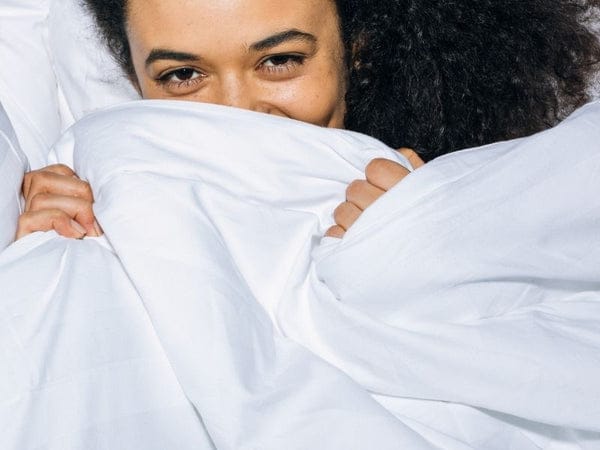
New bedding is a factor in improving sleep. And poor quality bedding promotes lower back pain as well as disturbed sleep.
Choosing the best mattress, the best pillow and the best bed are extremely subjective choices. Use your personal preferences when deciding to change your bedding. It is recommended to replace your bedding at least every 5 to 8 years.
16. Exercise regularly
Scientifically, exercise is one of the best ways to improve your sleep and health, as long as you don't do it before bed.
Sport consolidates all aspects of sleep and reduces all the symptoms of insomnia: physical exercise would reduce the time needed to fall asleep by almost half. Which allows you to sleep no less than... 41 minutes more per night.
In people with severe insomnia, exercise provided more benefit than most medications by reducing the time it took to fall asleep, the total number of nighttime awakenings, and anxiety, while also increasing the duration total sleep..

Daily exercise has a positive impact on the quality and quantity of your sleep, but... be careful! Because practicing it too late in the day will cause sleep problems, due to the stimulating effect of your exercise and the release of adrenaline.
Think about rest time, no intense activity at the end of the day.
17. Don't drink fluids before bed
Nocturia (medical term for excessive urination during the night) affects sleep quality and daytime energy.
Also, drinking large amounts of fluids before bed can lead to similar symptoms.
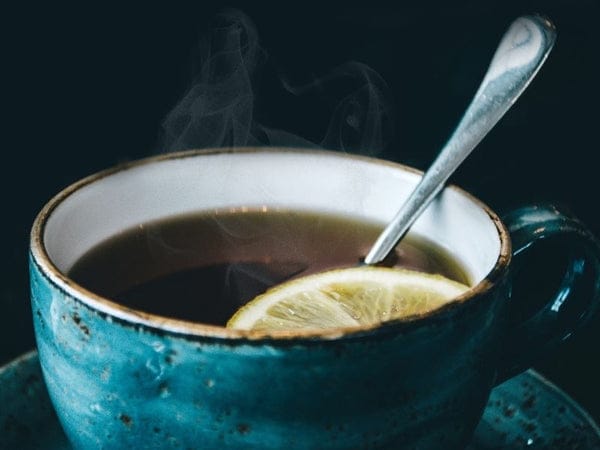
Although hydration is vital to your health, try not to drink liquids 1 to 2 hours before going to bed.
To reduce the risk of waking up during the night, make sure to go to the bathroom just before going to bed.
18. Essential oils for sleep
Essential oils should be used with caution, regardless of how they are used to combat sleep disorders. Get help from a healthcare professional, because HEs are not suitable:
- to people allergic to EOs, whatever the route used;
- by cutaneous route: pregnant women, breastfeeding women, people with a history of convulsions, children under 7 years old, except preparations formulated for toddlers over a short period;
- orally: pregnant women, breastfeeding women, those with a history of convulsions, under 15 years of age without medical advice.
Less known than essential oils, floral waters, or hydrosols, also obtained after the distillation of a plant, can help you relax before going to bed.

HE of petit grain bigarade or fine lavender diffused or inhaled on a tissue. In the evening, opt for diluted Roman chamomile EO or shell marjoram EO.
19. 4-7-8 breathing exercise to sleep better
The 4-7-8 breathing technique is taken from pranayama breathing exercises, which is the ancient yogic practice of controlling your breathing. This type of mindful breathing exercises has many benefits for stress reduction and relaxation. The 4-7-8 breathing technique was developed by Dr. Andrew Weil, which he calls a "natural tranquilizer for the nervous system."

How to practice 4-7-8 breathing? You can practice 4-7-8 breathing anywhere and anytime.
At the beginning of your learning, try to practice at least twice a day, then as often as you like. The first time, only do it for four cycles in a row. Then, getting used to it, you can work up to eight cycles.
- Find a good, comfortable place to sit with your back straight.
- Press your tongue against the back of your upper teeth and hold it there.
- Exhale completely through your mouth around your tongue, making a whooshing sound. You can purse your lips to help.
- Close your lips then inhale through your nose for a count of four.
- Then hold your breath for seven seconds.
- Exhale completely through your mouth, making a popping sound and counting to eight.
You have thus completed a cycle. You may feel dizzy at first, but this will pass.
Repeat for three more cycles.
Do the 4-7-8 breathing whenever you feel stressed. Practice doing this before reacting to an upsetting situation and each time you have trouble falling asleep, over time it will become more and more powerful.
20. Use minerals to sleep better
PINK QUARTZ
Rose Quartz is a crystal that exudes softness and tenderness. It balances and harmonizes the personal emotional state but also the relational one. A symbol of appeasement, it brings inner calm. A rose quartz orgonite placed under the pillow is a good technique to improve sleep.
AMETHYST
Amethyst transmutes energies linked to stress or anxiety. Protection in your sleep, it prevents nightmares and reduces trouble falling asleep. An orgonite pyramid in rose quartz and amethyst can be placed on the dresser or bedside table.

And you, what is your tip for better sleep?
